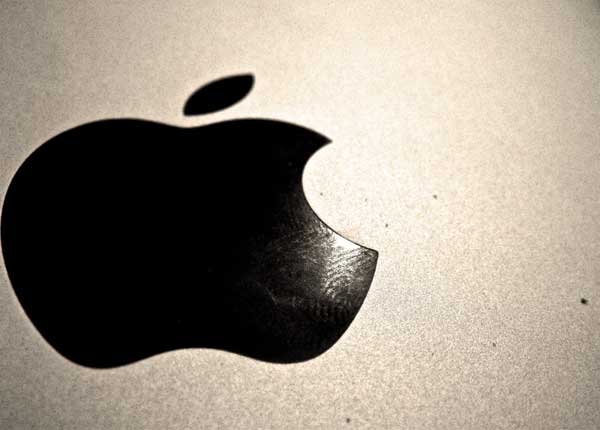A badge, gun and radio used to be the crucial kit for Australian cops working on the job, however Queensland’s police are increasingly being issued with iPads as standard operational equipment as officers increasingly tap into secure data bases rather than radioing in requests for information.
In a sure sign that mainstream consumer technology is evolving much faster than specialist and custom built equipment, Queensland Minister for Police, Fire and Emergency Services, Jack Dempsey, has committed to issuing another 1250 iPads and iPhones to “frontline” officers on top of the 500 now in the field on trials.
The mass rollout of Apple’s iconic gadgets comes as the Newman government aggressively pursues ways to boost police productivity on the job and bring service levels into line with community expectations.
The iPads on issue allow officers to not only access crucial law enforcement information but also submit reports and some evidence from the field instead or returning to the station and typing in reams of reports at the end of the shift.
The move by cops to gather information in almost real time on the beat is about more than just convenience for officers who are more motivated by patrol work than administration.
Any ability to have reports and more basic evidence submitted more quickly speeds up the pace at which investigations can be put into action and further resources applied.
However a less publicised side of a faster and trusted information flow from the field is that there is less chance of mistakes being made when officers fall back on their memories – and paper notebooks at the end of a long and sometimes stressful shift.
That includes disputed accounts of events where persons of interest to police make claims that vary substantially to an officer’s.
For Police Minister Jack Dempsy, the gadget led revolution is all upside with a world of new law enforcement possibilities ahead.
“The technology provides a platform for a myriad different functions, and will eventually include applications such as fingerprint and facial recognition technology,” Mr Dempsy said.
A big bonus that other police forces have derived from iPads is that they are able to visit traumatised witnesses and victims at the scene of a crime or their home with the equivalent of a virtualised book of mug shots used to help identify offenders.
Queensland Police Service Commissioner Ian Stewart feedback from his officers had been “overwhelmingly positive.”
“We have received feedback from officers which shows these devices are successful operational tools, particularly in remote and regional Queensland,” Commissioner Stewart said.
The positive feedback from rank and file cops is vital element in any bid for a productivity boost because technology that is cumbersome or unpopular is a frequent target of public criticism by police unions.
In Victoria, a police database rollout that provided a clunky, complex and slow interface was so difficult and unpopular with officers that it was eventually blamed for skewing crime statistics.
Commissioner Stewart believes that the new iPads and iPhones are making a big difference in improving safety and access to intelligence for his cops.
“Officers are getting greater access to operational information where traditionally they would have to rely on radios in areas of bad coverage,” Commissioner Stewart said.
“The Queensland Police Service will be actively using these new devices and technologies during the G20 events later in 2014 to protect world leaders,” the Commissioner said.






Leave a Reply